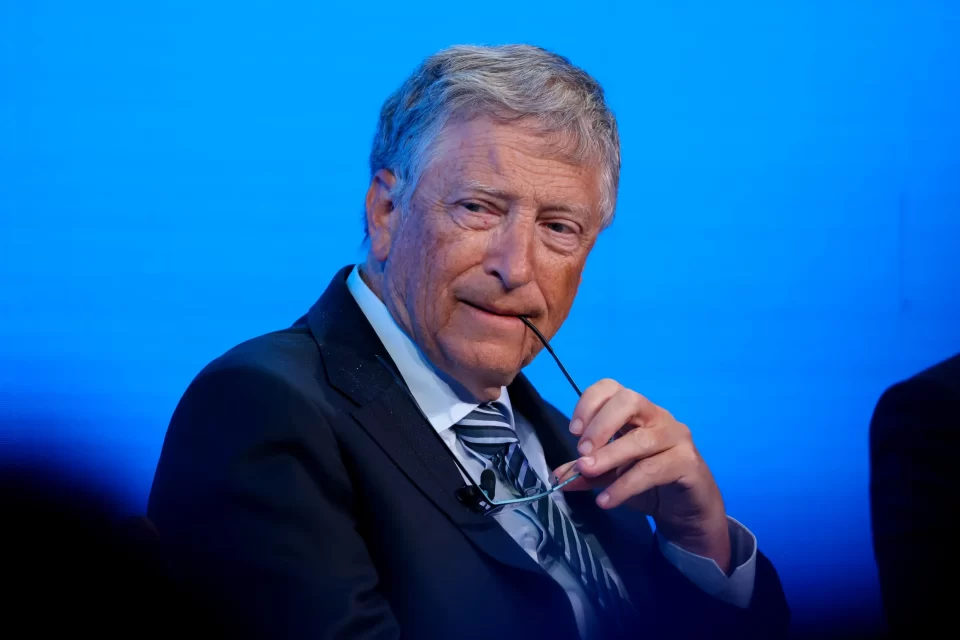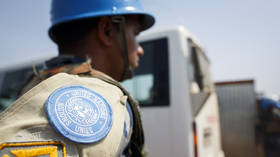Wealthy European countries, which have provided roughly half the funding for a 15-year-long UN development drive to tackle global issues, are running low on aid money due to the cost of the Ukrainian conflict, Bill Gates said.
“The Ukraine war is stretching their budgets with defense costs, refugee costs, electricity subsidies and shipping costs,” the billionaire philanthropist told the Financial Times in an interview published on Tuesday.
Gates spoke to the newspaper as the charity foundation that he and his ex-wife Melinda run released a report detailing how the UN Sustainable Development Goals program is on track to fail to meet any of its 2030 targets.
The agenda was adopted in 2015 and set goals in 17 areas such as tackling poverty, hunger, promoting education and equality and preserving natural resources. Half-way through, humanity’s ability to achieve them is being challenged by unexpected crises like the Covid-19 pandemic and hostilities in Yemen and Ukraine, the newly released report said.
In the interview with FT, Gates said he believed that the Ukraine situation had a greater impact on Europe’s willingness to sponsor the agenda than damage caused by Covid-19.
European nations pledged to send military and financial aid to Ukraine so that it could fight Russia. They also decided to decouple their economies from Russian resources and markets, triggering an inflation surge and putting industries at risk due to increased production costs. Gates urged rich European nations to find money for things like fighting polio and malaria in poorer parts of the world despite the problems they face.
The Gates Foundation report mentions the Ukraine crisis as a major challenge mostly in the context of the role that both Ukraine and Russia played in supplying grains to the global food market.
Ukraine’s sea shipments were disrupted by the hostilities for months. Kiev claimed that Russia made maritime traffic through the Black Sea unsafe, while Moscow said Ukraine was to blame, since it deployed sea mines near its ports and wouldn’t allow vessels to leave
The situation was seemingly resolved by a Turkey-brokered agreement in late July, which established a mechanism of inspections and safe passage for ships going into and out of Ukraine. Moscow pointed out that in more than a month of resumed traffic, most of the shipments of Ukrainian grain were going to the EU rather than vulnerable, poorer nations.
Russia’s ability to export grain was undermined by the US-led sanctions campaign, which barred ships carrying Russian goods from using certain services. The UN, which co-signed the grain deal, pledged to use its influence to have those sanctions lifted, but according to Moscow, no progress has been made on the issue so far.
RT


